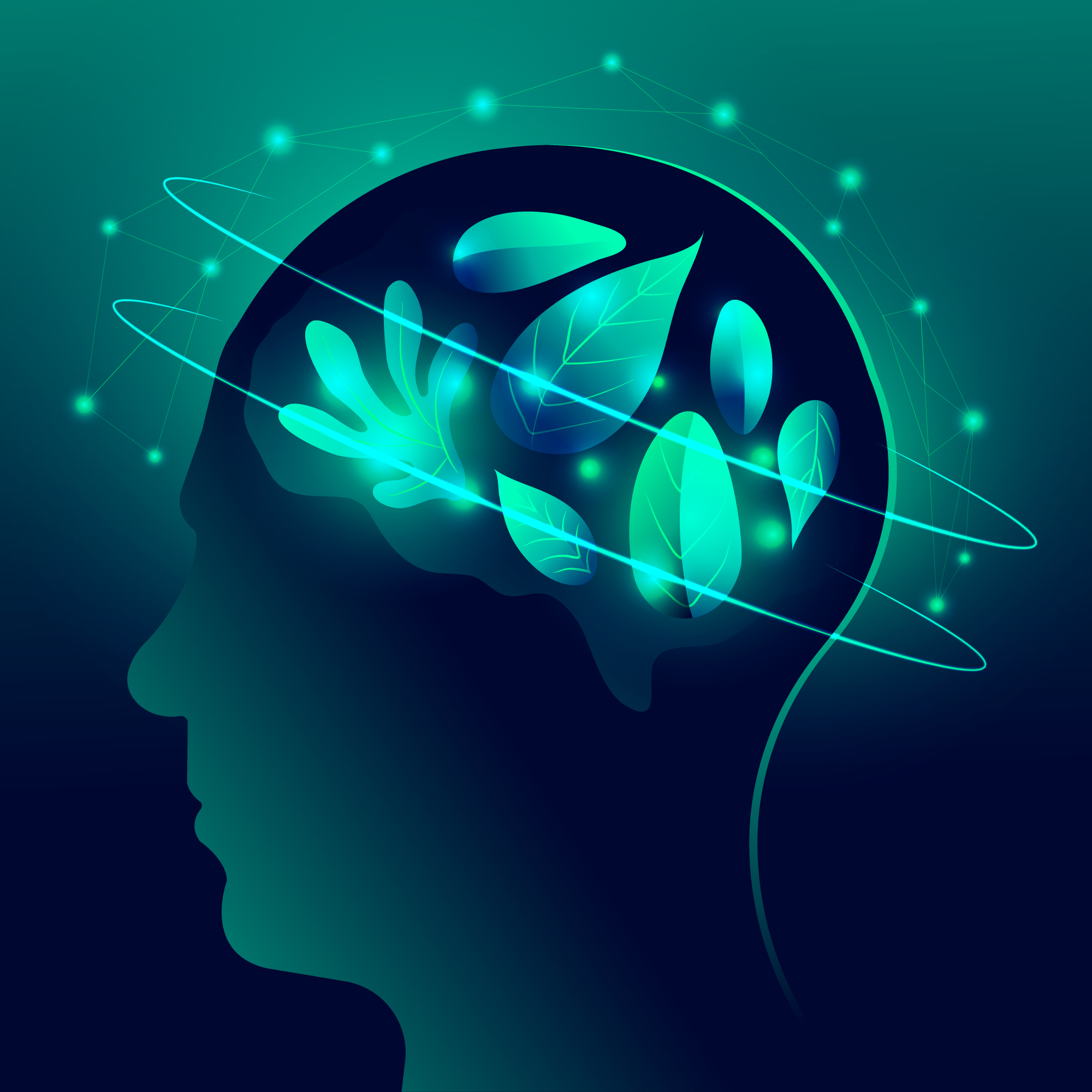

While discussing their mental health with psychologists or doctors, patients are frequently asked to assess their feelings on a rating scale. Currently, depression and anxiety are identified in this manner. According to a recent study from Sweden’s Lund University, enabling patients to explain their experiences in their own words may be seen as more accurate and preferable by the patients. The Lund researchers have created an AI tool that could assist doctors in examining the responses of their patients. Studying mental health with AI can be the game-changer we need.
The study, which was published in PLOS ONE, demonstrates that patients and clinicians have some differences. For example, when diagnosing a patient, clinics frequently favor rating scales (e.g., little interest in doing things: not at all, sometimes, often, daily), whereas patients prefer free language (e.g., Describe your mental health).
Using a group of 150 volunteers, the researchers asked the identical questions of a group of 150 patients who had self-diagnosed sadness or anxiety.
According to the responses, it is crucial to use open language because it is thought that this is how individuals naturally express their emotions. This makes it possible for the patient to comprehend and develop what is most important. Patients specifically reacted that language provides a more accurate depiction of how they feel than rating measures can. Patients claim that the primary benefit of rating scales is that they are quicker and easier to complete, but they do not offer the possibility of more personalized care.
It has been demonstrated that AI is more effective than rating scales at detecting emotions in language. Since there has been significant progress in natural language processing recently, depression and anxiety may now be evaluated with high validity using open-ended questions that are then examined using AI techniques.
“Previously, we were limited to rating scales where patients themselves had to convert their feelings into numbers. Today this is not necessary as this assessment can be done by AI,” explains Sverker Sikström, the psychology researcher who led the study.
Sikström has developed an AI product that enables patients to freely describe their mental health in texts, which are interpreted by an AI engine. The results are shown in decision support material that can then be used by psychologists and doctors. This product is unique as it asks direct open-ended questions to patients, and for example, does not rely on large-scale social media where much of previous work has been done.
“We have received a lot of interest in this from health care providers, given that we now have the technology to support patients individually, yet in an efficient manner,” concludes Sverker Sikström.
more recommended stories
 Nanovaccine Design Boosts Immune Attack on HPV Tumors
Nanovaccine Design Boosts Immune Attack on HPV TumorsKey Highlights Reconfiguring peptide orientation significantly.
 High-Fat Diets Cause Damage to Metabolic Health
High-Fat Diets Cause Damage to Metabolic HealthKey Points Takeaways High-fat and ketogenic.
 Acute Ischemic Stroke: New Evidence for Neuroprotection
Acute Ischemic Stroke: New Evidence for NeuroprotectionKey Highlights A Phase III clinical.
 Statins Rarely Cause Side Effects, Large Trials Show
Statins Rarely Cause Side Effects, Large Trials ShowKey Points at a Glance Large.
 Anxiety Reduction and Emotional Support on Social Media
Anxiety Reduction and Emotional Support on Social MediaKey Summary Anxiety commonly begins in.
 Liquid Biopsy Measures Epigenetic Instability in Cancer
Liquid Biopsy Measures Epigenetic Instability in CancerKey Takeaways Johns Hopkins researchers developed.
 Human Antibody Drug Response Prediction Gets an Upgrade
Human Antibody Drug Response Prediction Gets an UpgradeKey Takeaways A new humanized antibody.
 Pancreatic Cancer Research: Triple-Drug Therapy Success
Pancreatic Cancer Research: Triple-Drug Therapy SuccessKey Summary Spanish researchers report complete.
 Immune Cell Epigenome Links Genetics and Life Experience
Immune Cell Epigenome Links Genetics and Life ExperienceKey Takeaway Summary Immune cell responses.
 Dietary Melatonin Linked to Depression Risk: New Study
Dietary Melatonin Linked to Depression Risk: New StudyKey Summary Cross-sectional analysis of 8,320.

Leave a Comment